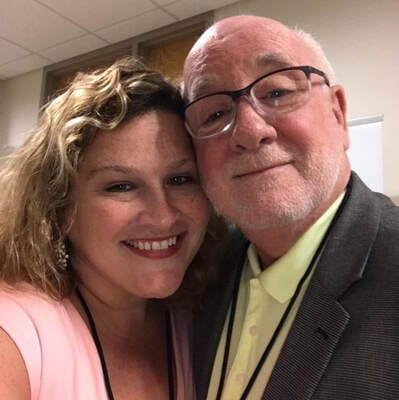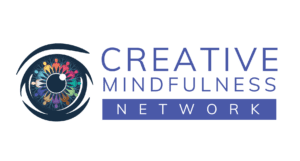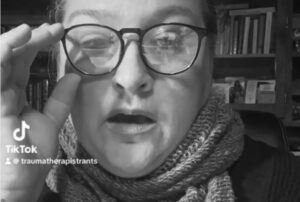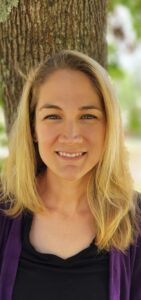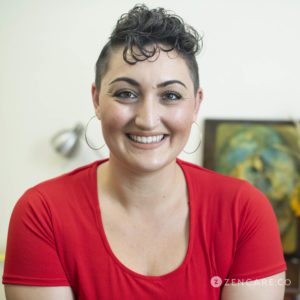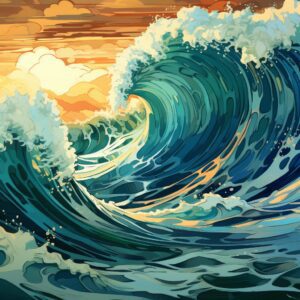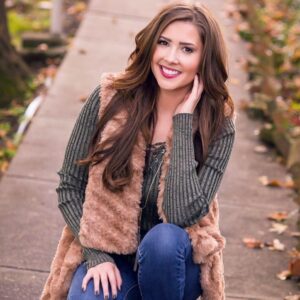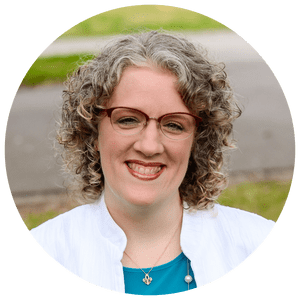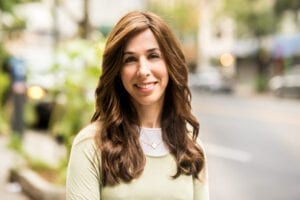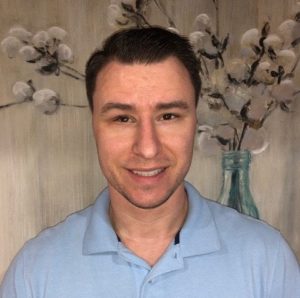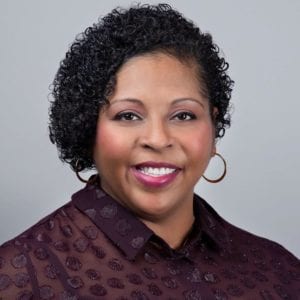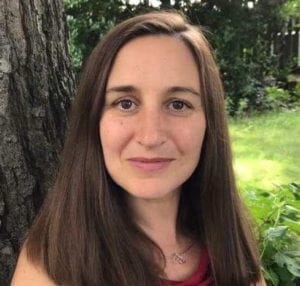In the Spring of 2004, I made what would prove to be the best educational decision of my life. Although I commuted to a small Catholic college about sixty miles south of where I lived in Youngstown, Ohio, I had the opportunity to transfer up to six courses in that Masters in Counseling program as a transient student. Purely to save on some driving time, I decided to take several classes at Youngstown State. One of those courses was Principles of Substance Abuse Counseling and the instructor was none other than Jerry Carter, the long-time director of the Neil Kennedy Recovery Clinic. Neil Kennedy was the first free-standing treatment center in the United States not attached to a hospital and studying with Jerry was nothing short of a master class in the history of addiction and recovery.
During one particular class on a breezy April night, the topic was shame. Understanding and working to heal the wounds of shame, as I’ve come to understand in my own career, is absolutely necessary for working with addiction. During that class, Jerry got vulnerable, sharing his own history as an adult child of an alcoholic and the recovery he chose to embrace. Just before break, he read the poem “My Name is Shame” by Rev. Leo Booth and the late John Bradshaw. Of course, he had a version of it from an old textbook that is much better than any of the abridged versions I’ve since been able to find online. This piece gives voice to shame, and then engages in dialogue with an affected individual. Jerry read in a way that pierced my soul, and I felt that the words were written just for me. I was sobbing throughout much of the reading; I couldn’t have controlled this display of emotion in such a public setting even if I tried. And then he read the line that would prove to me the path forward for my healing: By loving you I am free.
By loving my whole self, even my shame, I will be free.
Jerry dismissed the rest of the class to break and came over to me. He just stood there, in witnessing presence, as I let it all out. When I managed to take my face out of my hands to look up to him, he put his hand very gently and appropriately on my shoulder and looked right at me in a way I’d never been looked at before. He saw me. In a way that I had always wanted my own father to see me. In a way that said, “I get it… and you are not alone.”
No words were exchanged. There were no words necessary.
I went out into the wind of that April night and for the first time in my own recovery, felt a sense of deep hope. I was just under two years sober yet still in a very bad place with my own mental health symptoms, which included chronic dissociation and fleeting suicidal tendencies. My own grandfather, whom I was living with after my return from serving in Bosnia-Hercegovina, was in his last days, dying from cancer. Working at the site I was at for practicum and my first internship was triggering me a great deal, and that eventually led me into EMDR therapy and the deepest layers of my trauma healing. Looking back on it now, that experience in class set the wheels of this healing in motion, as this very compassionate teacher taught me that they key to healing from it all was indeed to love it all.
My light and my darkness.
The joy and the sorrow.
The humanity and the divinity.
Jerry Carter passed away on August 5, 2020. Like many of my great teachers who are no longer with us, he has just left the body. His soul is eternal. As is his influence on my life, and the lives of countless others. During his funeral Mass on August 8, the priest noted how the five wax nails in the Easter Paschal Candle represent the five wounds of Christ at the Crucifixion.
He then he noted, “And like Christ, Jerry transformed these wounds and hurts into healing.”
And that’s when I began crying like I did that night back in 2004. Only this time my tears came with a wave of gratitude for my beloved teacher and everything he stood for in being a witness to hope and healing. My entire life is marked by spiritual and religious teachers who love to talk about the Divine but do very little to be that healing presence for others. Not Jerry. He was the hands and face and voice of Christ, even in his role as a teacher, during my dark night of the soul. That’s the kind of teacher I want to be.
I know that Jerry wasn’t perfect, and he’d be the first to admit that. I realize how much the changing politics of the addiction treatment field deeply impacted him in the later years of his career, and he often felt paralyzed to do the work of healing as he knew it needed to be done. I ended up finishing my counseling internship at Neil Kennedy when Jerry was still in charge and came to understand many of these realities. Yet Jerry was a teacher to me in the truest sense of the word because not only did he met me in the fullness of my humanity that memorable night, he continued to see me and honor me as the years danced on. A few days after Jerry’s death, another person in leadership at Neil Kennedy at the time shared a memory of how much Jerry regarded me and that he was overjoyed I brought music and expressive arts to the clinic.
“He noticed that?” I thought, barely even remembering it myself.
Of course he did. That’s Jerry Carter.
As my public career began to grow, Jerry was present for almost every local and many state conference continuing education events that I began offering as a presenter. Every time, he would come up to thank me, beaming with pride. It is such a beautiful experience for an educator when one of her own teachers shows up to learn something new, and I hope that I am growing into this kind of person; always willing to soak up more knowledge, especially from those who are younger than I. Jerry remained on my email list up until the time of his death, and whenever I would publish a book or have some other news to report, he would reach out with some variation of, “Congratulations, I’m proud of you.” At events and in emails I would return his beautiful compliments with, “Thank you, Jerry… you do realize that you taught me all the important stuff, right?”
In the week since Jerry’s death, in the middle of this turbulent year full of loss and turmoil, I’ve been reflecting a great deal on that important stuff and what it means to be a teacher, or even a guru. Guru is a Sanskrit term often used in Eastern spiritual context that literally means “one who removes the darkness and reveals the light.” Jerry would never have considered himself a guru and that is what made him one in the truest sense. I’ve studied the work of many teachers who bill themselves as gurus or otherwise empowered/ordained in their religious traditions. I’ve even studied with many of such figures personally. And none of them hold a candle to Jerry Carter. Because in his role as both a clinician and a teacher, Jerry carried that light of revelation without the fanfare. Carrying the light was so natural for him because that’s just who Jerry was/is as a person—fully human and fully divine. In modern times we helpers marvel at Brené Brown’s work about shame, just as we did about John Bradshaw and Claudia Black a generation before. And though I admire them as public figures, none of them touched my life as much as Jerry did sharing from his lived experience and reading the poem that night.
So many of the folks that I now teach and mentor wonder if their words or influence will make a difference because they don’t have the reach of a Brené Brown, or other commonly cited names in their given field. Nonsense. If you have a story of hope and recovery and a light to shine, you will touch someone’s life just by being who you are…especially if you can meet them in the fullness of their brokenness and shame, as Jerry met me. A guru sees the wholeness that is really there underneath it all and can hold the light for you until you are able to see it for yourself. You are all gurus, and in this dark and broken world, we need you.
Be the candle.

